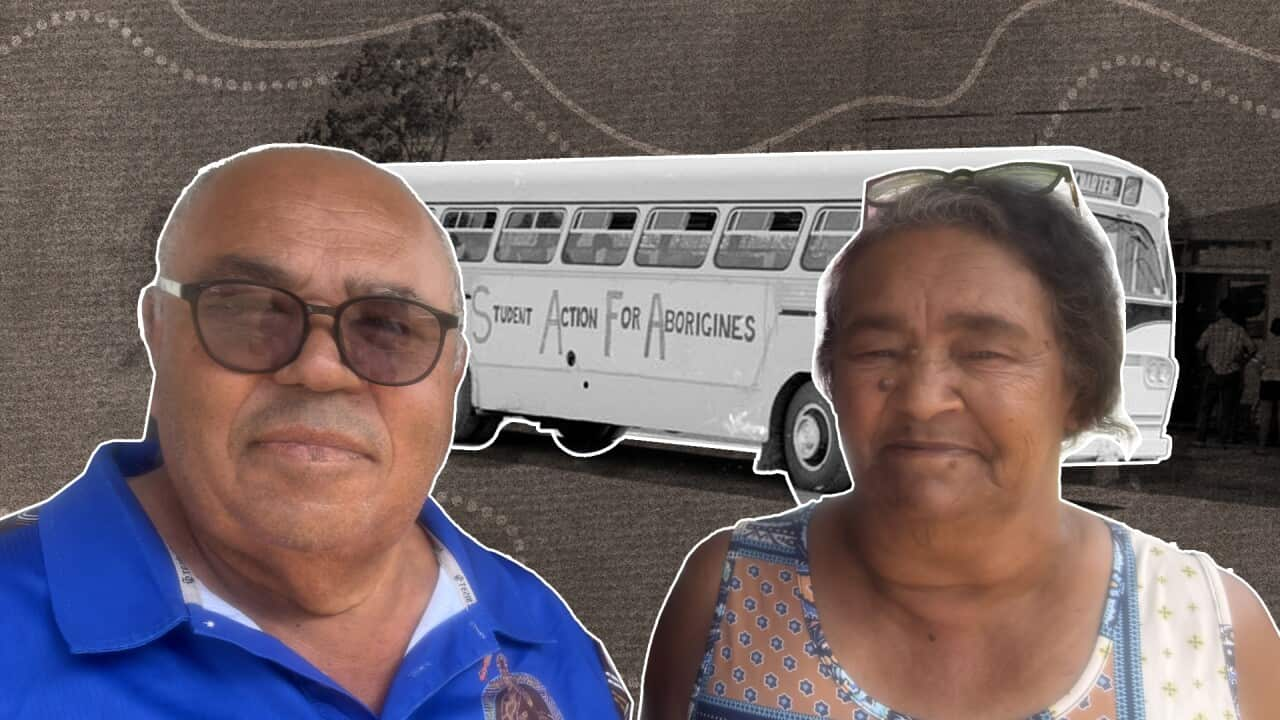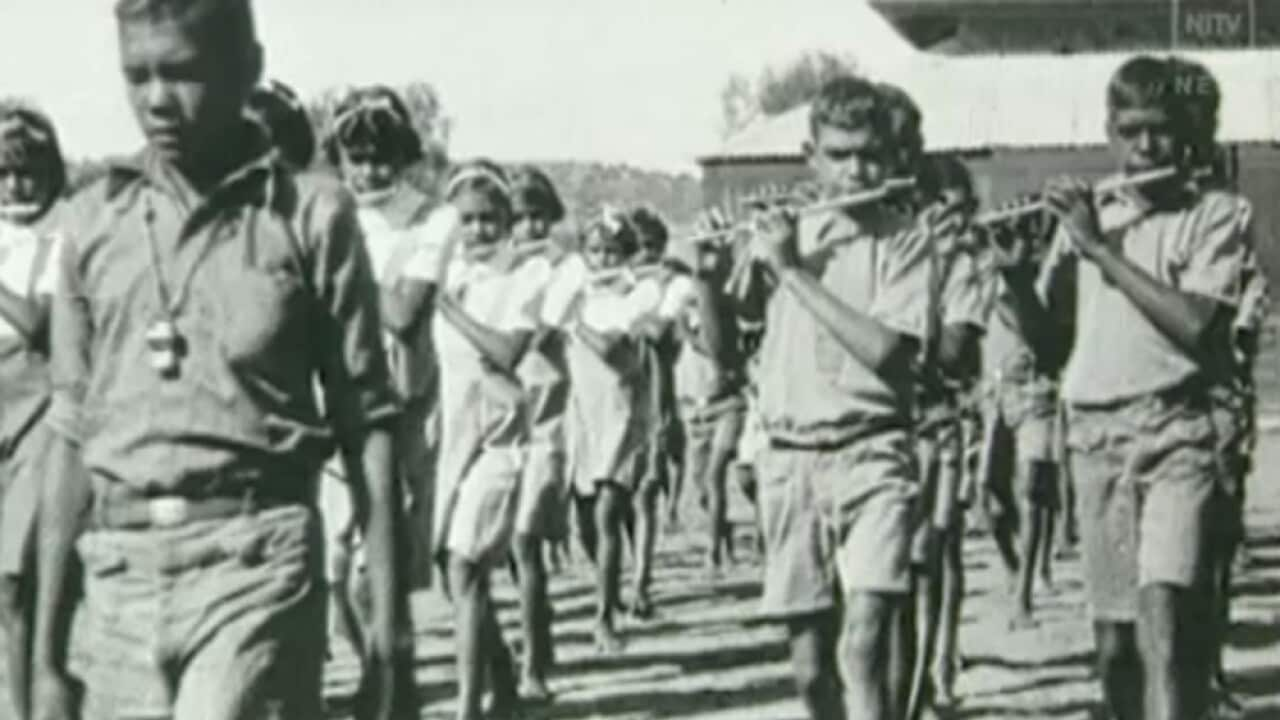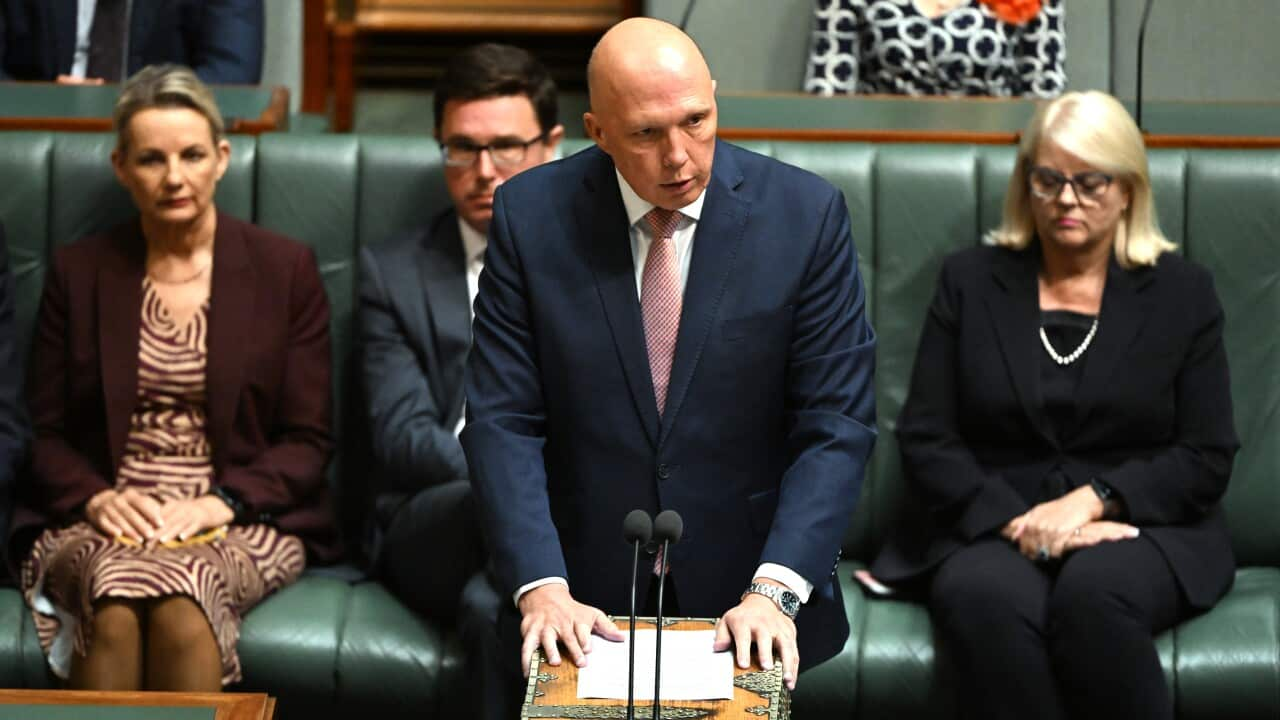When the report into the Stolen Generations was tabled in Parliament on Sorry Day, May 26, 1997, many survivors and their descendants felt a sense of hope.
Their voices, their stories, their truths were finally being heard, following a national inquiry into the separation of Aboriginal and Torres Strait Islander children from their families.
The report made a series of recommendations including a national apology, reparations, and improved services under a new framework to help members of the Stolen Generations, their families and communities.
But a new report by Stolen Generations organisation the Healing Foundation - The unfinished business of Bringing Them Home - has found that only a handful of the original recommendations have ever been implemented in full.
"Nearly 30 years since its tabling, survivors are passing away at a rapid rate," Healing Foundation chair and Kungarakan man Steve Larkin said.
"Many are without the necessary supports or care to age with the dignity they deserve."
READ MORE

Explainer: the Stolen Generations
In 2021 Professor Larkin wrote the foreword to the report, which also analysed government action - and inaction - regarding Bringing Them Home.
"Since this time, we at the Healing Foundation have seen many survivors pass, with little change to the aged care, health, and other services so critically needed," he writes in the report.
"The Bringing Them Home report made a compelling case for a systematic response, designed around reparations and healing for survivors.
"Year after year, on the anniversary of the Apology, on National Sorry Day, when new research findings are released, in submissions to budgets and a range of inquiries, we have kept up the calls and the Stolen Generations survivors have continued to retell their stories to ensure their voices are not dismissed.
"In fact, since the National Apology was delivered by Prime Minister Kevin Rudd in 2008, Stolen Generations survivors have testified at more than 20 inquiries, including royal commissions examining institutional responses to child sexual abuse, aged care and disability.
"Surely their case is made – the case for little or no action is not."
Aboriginal and Torres Strait Islander people fought hard for decades for a national inquiry into the history of forced removal of children and the needs of survivors and their families, including access to services.
The forced removal of Indigenous children from their families and communities was common government policy across this country from the mid-1800s until the 1970s - and is considered consistent with the act of genocide as outlined by the United Nations.
The children who were taken have become known as the Stolen Generations.
Widespread denial of this history was the norm until the inquiry and subsequent Bringing Them Home report by the Human Rights and Equal Opportunity Commission (HREOC), now known as the Australian Human Rights Commission.
Beginning in 1995, the late Sir Ronald Wilson, then HREOC president, and Professor Mick Dodson, then Aboriginal and Torres Strait Islander Social Justice Commissioner, primarily conducted the hearings.
Healing Foundation chief executive Shannan Dodson, Mick's daughter, said with survivor numbers declining every year, an urgent response was required from all sides of politics, all levels of government, police, churches and others to support the Stolen Generations.
“We have already lost too many survivors, even in the last few weeks," she said.
"Immediate and prioritised action is needed to provide equitable redress for all survivors, rectify issues preventing survivors from accessing their own family records, offer ongoing support for Stolen Generations organisations and ensure there are culturally safe, trauma informed aged care and health services for survivors.
"It is up to all of us to understand the urgency and the need to ensure that those recommendations are implemented fully – not in five years, not in 10 or 20 or another generation, but now."
Professor Larkin said the new report offers practical policy solutions to some of the big challenges facing survivors and their families.
“Stolen Generations survivors have specific and complex ageing needs resulting from their forced removal and are more likely to fare worse than other older Indigenous people on a range of outcomes," he said.
"They are the gap within the gap.
"Yet we know survivors are often not accessing necessary services due to fear of re-traumatisation.”
The new Healing Foundation report makes 19 recommendations as part of a National Healing Package for Stolen Generations survivors across six areas – reparations, rehabilitation and research, records, family tracing and reunions, acknowledgements and apologies, education and training, and monitoring and accountability.
The report reveals that only 5 out of 83 Bringing Them Home report recommendations have been clearly implemented (6 per cent).
SNAICC - National Voice for our Children chief executive Catherine Liddle said the report emphasises the failure of multiple governments to implement report recommendations.
"This is an important analysis because it tells us and reinforces what we have been saying ... that the recommendations are rarely ever implemented," she said.
"We have to commit to what those findings were, we know what's there and we know how to keep children safe."






